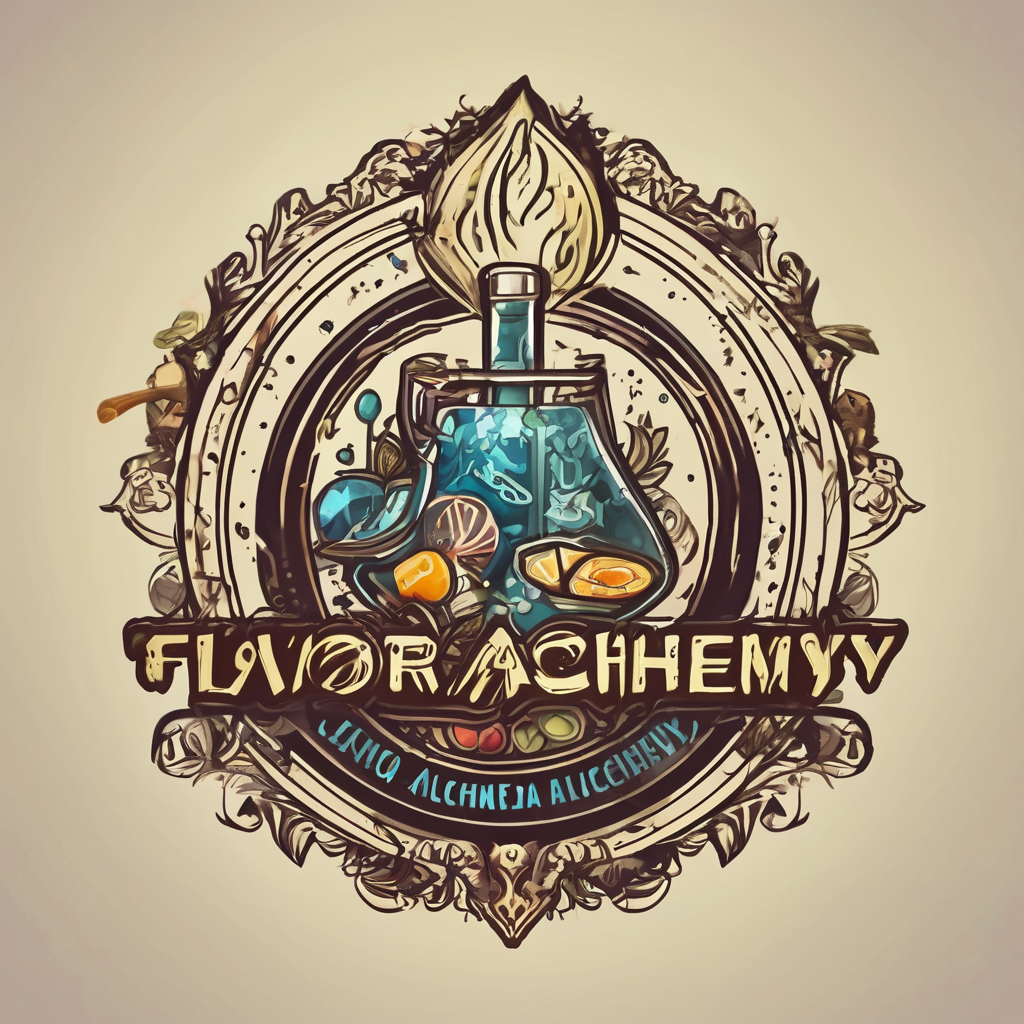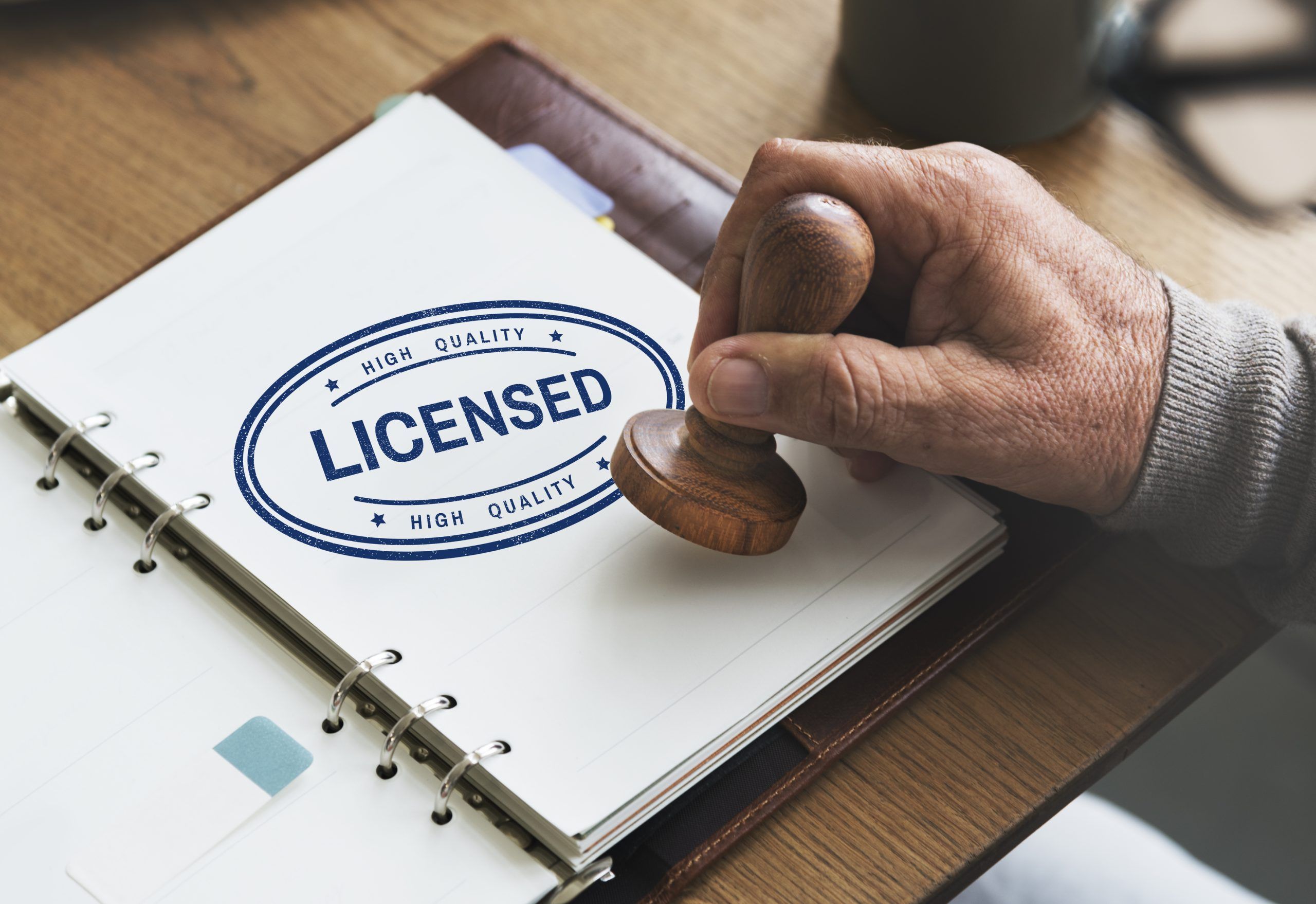Starting a new pub business in London is a thrilling prospect. You’ve found the perfect premises, designed a unique and inviting atmosphere, and are ready to offer a selection of fine beverages to locals and visitors alike. But there’s one crucial piece of the puzzle you need to address before you can open your doors: obtaining a liquor license.
In this guide, we’ll walk you through the step-by-step process of obtaining an alcohol license in London, detailing exactly what you need to do to ensure your business is legally compliant and ready to launch.
Have you seen this : How can you maintain consistent food quality during peak hours in a busy diner?
Understanding the Licensing Laws
Before you start any application process, it’s essential to understand the underlying laws governing alcohol sales in London. It can seem complex at first, but acquiring a good grasp of these rules will make your application process smoother.
In England and Wales, the sale of alcohol is regulated by the Licensing Act 2003. This act stipulates that anyone selling or supplying alcohol on a permanent basis, such as a pub or bar, needs to hold a premises licence and that a designated premises supervisor (DPS) must also have a personal licence to sell alcohol.
Also to read : What is the importance of lighting in creating the mood in a casual dining restaurant?
It’s essential to note that the law applies to any business or event selling alcohol, not just traditional bars and pubs. So whether you’re planning a small local bar or hosting large-scale events, you will still need to secure a licence.
Applying for a Personal Licence
Before you can apply for a premises licence, you will need to obtain a personal licence. This is because the law requires every premises selling alcohol to have a DPS who holds a valid personal licence.
To apply for a personal licence, you need to be over 18 years old and hold an accredited licensing qualification. The most common qualification is the Level 2 Award for Personal Licence Holders (APLH), which you can achieve by completing a one-day training course and passing an exam.
Once you have your APLH, you can apply for the personal licence through your local licensing authority. The application will involve a criminal record check, and you will need to provide two passport-sized photographs and pay a fee.
Obtaining a Premises Licence
Once you have a personal licence in place, you can proceed to apply for your premises licence. The premises licence is what allows your business to sell alcohol from a specific location.
However, obtaining a premises licence isn’t merely about filling in a form and paying a fee. It’s a complex process that involves showcasing how your business will uphold the four principles of the Licensing Act: prevention of crime and disorder; public safety; prevention of public nuisance; and protection of children from harm.
The application process involves submitting detailed plans of your premises, outlining your operating schedule, and specifying the DPS. You will also need to display a public notice at your premises and in the local newspaper to allow for any objections.
Dealing with Objections and Reviewing Your Licence
Once your licence application has been submitted, it will go through a 28-day public consultation period. During this time, responsible authorities, such as local police or environmental health department, and local residents have the opportunity to challenge your application if they believe your pub could undermine the licensing objectives.
If there are no objections to your application, your premises licence will be granted at the end of the consultation period. However, if objections are raised, a hearing will be held before the licensing authority, where you may need to defend your application.
After obtaining your licence, it’s essential to remember that you may need to apply for variations to the licence if you plan on making significant changes to your pub, such as altering the structure of the premises or changing the DPS.
Navigating the Licensing Authorities
The licensing authorities play a significant role in the licensing process. They are responsible for granting personal and premises licences, and they oversee any objections or reviews.
It’s worth noting that the licensing authority you deal with will be the one where your business is located. This is why it’s crucial to have a clear understanding of your local licensing authority’s guidance, as it can vary from place to place.
Dealing with the licensing authorities can be a daunting task, but it’s essential for your pub’s smooth operation. Remember, they are there to ensure that your business operates within the confines of the law and promotes the objectives of the Licensing Act.
By understanding the licensing laws, applying for the correct licences, dealing with objections, and engaging with your licensing authority, you will be well on your way to securing a liquor license for your new pub in London.
Working Toward Meeting the Licensing Objectives
To secure your premises licence, it’s key to demonstrate to the licensing authority how your pub will meet the four licensing objectives laid out in the Licensing Act 2003. Understanding these objectives is crucial as they guide the licensing authorities in their decision-making process regarding your licence application.
Firstly, the prevention of crime and disorder involves demonstrating how your pub will handle potential issues like theft, violence, or disorderly conduct. This could be through CCTV installation, hiring security personnel, conducting regular staff training on dealing with difficult situations, or having strict rules about refusing service to overly intoxicated patrons.
The public safety objective requires you to show how you’ll ensure the safety of your patrons and staff. This could involve fire safety measures, first aid training for staff, or a well-thought-out evacuation plan in case of emergencies.
To meet the prevention of public nuisance objective, you need to show that your pub will not cause excessive noise, litter, or other forms of public disturbance. This could be achieved by soundproofing your premises, providing adequate waste facilities, or setting clear guidelines on customer behaviour.
And finally, the protection of children from harm objective involves measures to prevent underage drinking, exposure to inappropriate conduct or adult content. This can be upheld by rigorous ID checks, clear signage about age restrictions, and policies about minors accompanied by adults.
Meeting these objectives convincingly in your application is instrumental to its success, and your eventual operation as a premises licence holder in London.
Conclusion
Starting a new pub in London is a rewarding yet demanding venture, with numerous considerations to account for, the foremost being securing a liquor licence. With a comprehensive understanding of the Licensing Act 2003 and its objectives, you’ll be better equipped to submit your personal and premises licences applications.
From applying for a personal licence and qualifying as a designated premises supervisor to securing a premises licence, the process can seem daunting. However, with meticulous planning, adherence to the licensing objectives, and a proactive approach to dealing with objections or reviews, you can successfully navigate the liquor licensing landscape.
Remember, your licensing authority will guide you throughout the process. By respecting their advice and directives, you’ll ensure your pub is legally compliant, contributing positively to the community, and, importantly, ready to welcome patrons for a memorable experience.
Undoubtedly, the journey to opening a new pub in London is exciting. With your liquor licence in place, you can focus on what matters most – providing a unique and enjoyable environment for your customers to enjoy a fine selection of beverages.






